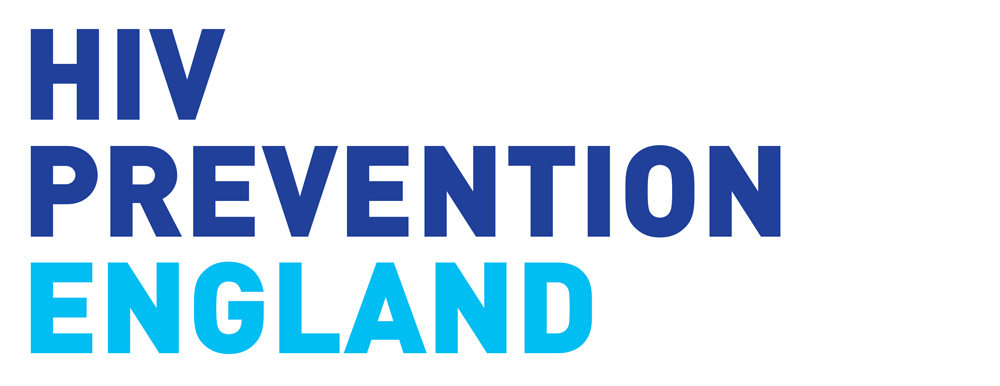New HIV diagnoses have fallen for a second consecutive year, the latest data from Public Health England (PHE) shows.
In 2017 a total of 4,363 people were diagnosed with HIV in the UK, a 17% reduction from the 5,280 diagnosed in 2016 and a 28% reduction from the 6,043 diagnosed in 2015.
PHE have attributed the latest results primarily to improvements in the uptake of antiretroviral therapy in people living with HIV and the large increases in HIV testing. Particular attention has been paid to men who chose to repeat HIV testing.
While these results are published against the backdrop of the roll-out of pre-exposure prophylaxis (PrEP) through the IMPACT trial, and the increase in predominantly gay and bisexual men accessing generic PrEP privately online, PHE advises that it is too early to know the size of impact this is having on HIV transmission rates.
Gay and bisexual men
PHE has advised that the continuing downward trend in new diagnoses is largely due to a decline in new diagnoses among gay an bisexual men: the rate in this group has decreased more than any other group affected by HIV, with a 31% fall since 2015. This drop is even more significant in London where new diagnoses fell by 44%, compared to 30% outside the capital.
Black African and Black Caribbean men and women
Numbers of new diagnoses in black African and black Caribbean heterosexuals have been falling steadily for almost a decade and experienced an even more dramatic drop of almost 25% in the last year – from 1, 040 in 2016 to 800 in 2017.
Other heterosexuals
In previous years this group had reported approximately 1,000 diagnoses per year. However, in 2017 the new PHE data shows a 20% decline, the reasons for which are currently uncertain.
Trans people
For the first time PHE have supplied data on HIV diagnoses in trans people. In 2017, eight trans women were diagnosed with HIV, a slight fall from 10 in the previous year and 15 trans women in 2015.
Late diagnoses
While the fall in new HIV diagnoses is to be celebrated, there are still challenges facing the HIV sector. Late diagnoses rates have remained stubbornly high at around 40% for the past five years, and in 2017 43% of people were diagnosed late.
PHE has repeated its warning that people diagnosed late face a ten-fold increased risk of short-term mortality. People diagnosed late are more likely to experience an AIDS-defining illness at the time of their diagnosis: this was true of 230 people in 2017.
People receiving HIV care in 2017
The UK is making great strides, continuing to ensure people living with HIV remain in care and have access to treatment which benefits their health and reduces the chance of transmission to their sexual partners. In 2017 there were 93,385 people receiving HIV care in the UK, of which:
- 98% were receiving antiretroviral treatment
- 97% of people on treatment were virally suppressed
Overall, gay and bisexual men continue to be the most disproportionately affected by HIV, with 43,494 people seen for HIV care in 2017, followed by black African heterosexual men and women with 27,212 people seen for care. Trans people accounted for 123 individuals seen for care, the vast majority of which were trans women.
What this means for HIV prevention in England
It is clear that the combination prevention approach to drive down new HIV diagnoses across the country is working. However, to sustain this trend the hard work must continue.
The sector must tackle late diagnoses and ensure that all groups affected by HIV know how they can take responsibility of their own sexual health, by making use of the range of HIV prevention and sexual health tools available to them.
National HIV Testing Week presents the next opportunity for the sector to continue to increase HIV testing and reduce diagnoses rates and late diagnoses in all groups affected by HIV across England. The campaign starts Saturday 17 November 2018.
Stay informed with our plans for the campaign by signing up to our newsletter and following us on Twitter.
Official Statistics from PHE
Further information from HPE

